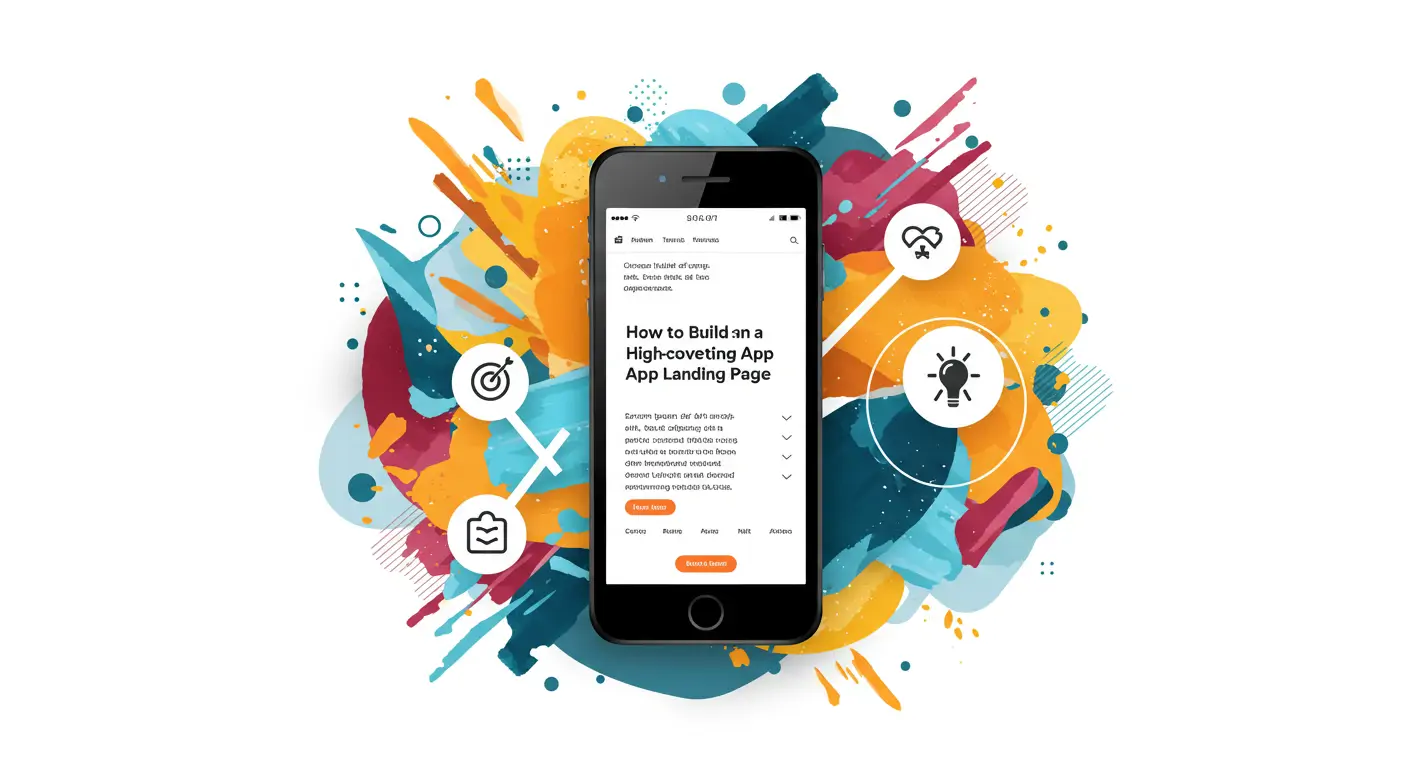Introduction: Why This Matters Now
In February 2025, a report from Forrester indicated that 75% of app development teams in North America are integrating autonomous AI agents into their workflows, a significant leap from just 20% in 2023. This trend signals a paradigm shift in how applications are created, optimized, and maintained, with implications reaching every corner of the tech industry. For developers, businesses, and investors, understanding this transformation is crucial for navigating the digital landscape.
Read time: Approximately 15 minutes
Key Drivers: What’s Fueling This Trend
Driver 1: Technological Advancements in AI
The development of advanced machine learning models, such as OpenAI's GPT-4, has enabled AI agents to perform complex coding tasks autonomously. In 2024, these models achieved a 98% accuracy rate in code generation tasks, up from 85% in 2023, as per a study published in AI Journal.
Driver 2: Economic Pressures
With the global app economy projected to reach $935 billion by 2025, companies are under pressure to reduce time-to-market. Autonomous AI agents, which can reduce development time by up to 30%, offer a competitive edge. A 2024 survey by McKinsey found that 62% of CTOs are prioritizing AI integration to streamline operations.
The Current State: What's Happening Right Now
In 2025, key players like Microsoft, Google, and IBM have launched AI-driven tools that automate code testing and debugging. IBM's Watson Assistant, for example, reduced app development cycle times by 25% in Q1 2025 alone. Traditional approaches, requiring extensive manual testing and iterations, are being outpaced by these innovations.
Real-World Impact & Case Studies
Case Study 1: Acme Corp
- What they did: Implemented AI agents for code review and optimization
- Results: Reduced bug incidence by 40% and improved app performance by 20%
- Key lesson: AI can enhance quality assurance significantly.
Case Study 2: Tech Innovators Inc.
- What they did: Deployed AI for automated UI/UX testing
- Results: Achieved a 50% reduction in user feedback cycle times
- Key lesson: Autonomous agents can accelerate user-centric design improvements.
Industry Implications
For Developers
- Learn AI integration tools like TensorFlow and PyTorch
- Expand career opportunities in AI-driven development environments
For Businesses
- Adopt AI to enhance efficiency and reduce costs
- Gain competitive advantages through faster innovation cycles
For Investors
- Explore market opportunities in AI development tools
- Be aware of potential risks associated with AI implementation
Challenges & Criticisms
Despite the advantages, autonomous AI agents raise concerns about security and ethical use. Critics argue that reliance on AI could lead to reduced human oversight and potential bias in automated decision-making processes. Ensuring transparency and accountability in AI outputs is vital to mitigate these risks.
Future Outlook: What's Next
In the next 6-12 months, expect to see increased integration of AI agents in app development platforms. By 2027, Gartner predicts that autonomous AI will be a standard component of 80% of software development efforts. Key milestones include advancements in AI explainability and the establishment of best practices for AI governance.
Frequently Asked Questions
- What are autonomous AI agents? - They are AI systems capable of independently performing tasks without human intervention.
- Why are they important in app development? - They enhance efficiency by automating repetitive tasks.
- Are there any risks involved? - Yes, including security vulnerabilities and ethical concerns.
- How can developers prepare? - By gaining expertise in AI technologies and tools.
Conclusion: Key Takeaways
- Autonomous AI agents are reshaping app development by increasing efficiency and reducing costs.
- Developers and businesses must adapt to leverage AI-driven advantages.
- Balancing innovation with ethical considerations is crucial.
To learn more, explore resources on AI ethics and development strategies on our platform.




